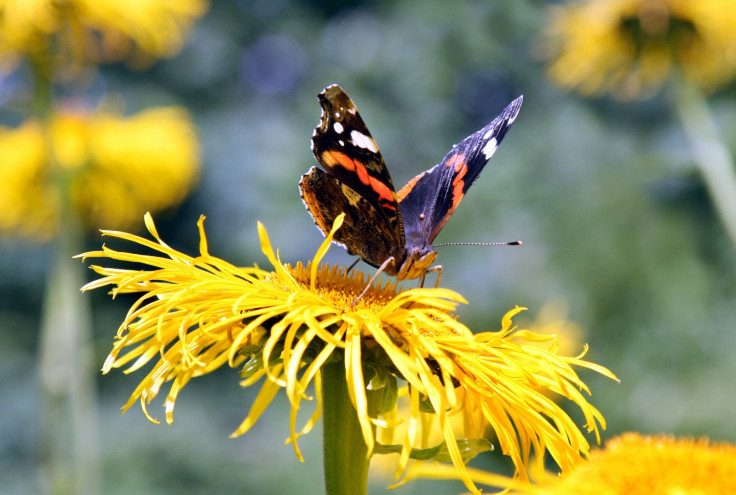Insects vanishing from Earth at a catastrophic rate, threatening food security
Bees, butterflies, moths and beetles are on the decline in Europe, putting food security at risk.

Since the late 1980s, three-quarters of insect life has disappeared from protected areas. Bees and butterflies have been going through sharp population declines for many years, but their less charismatic flying insect peers – such as beetles and moths – have also had a catastrophic population crash.
The decline is greatest in summers, with insect populations 82% lower now than in 1989. Data from 63 nature reserves across Germany, collected over 27 years, was analysed to detect the trend. The results were published in a study in the journal PLOS ONE.
The researchers at the Radboud University in the Netherlands have called the declining numbers an "alarming discovery", coming after the realisation that pollinator populations are facing huge declines globally.
"As entire ecosystems are dependent on insects for food and as pollinators, it places the decline of insect eating birds and mammals in a new context," said project leader Hans de Kroon. "We can barely imagine what would happen if this downward trend continues unabated."
Flowering plants rely on pollinators to reproduce, carrying pollen from one plant to the next as they land on them to feed on nectar. Everything from the cocoa plant to cabbages, raspberries, coffee and avocado rely on pollinators. Without pollinators, the future of agriculture and food security starts to look very uncertain.
The causes of the population crash is not yet known. Changes in land use, weather and increasing habitat loss are thought to contribute to it. But alone these factors aren't enough to account for the scale of the decline.
As such, it's difficult to know how to mitigate the loss of pollinators. The proximity of many of the nature reserves measured to agricultural land could be a significant factor.
"The only thing we can do right now is to maintain the utmost caution. We need to do less of the things that we know have a negative impact, such as the use of pesticides and prevent the disappearance of farmland borders full of flowers.
"But we also have to work hard at extending our nature reserves and decreasing the ratio of reserves that border agricultural areas."





















